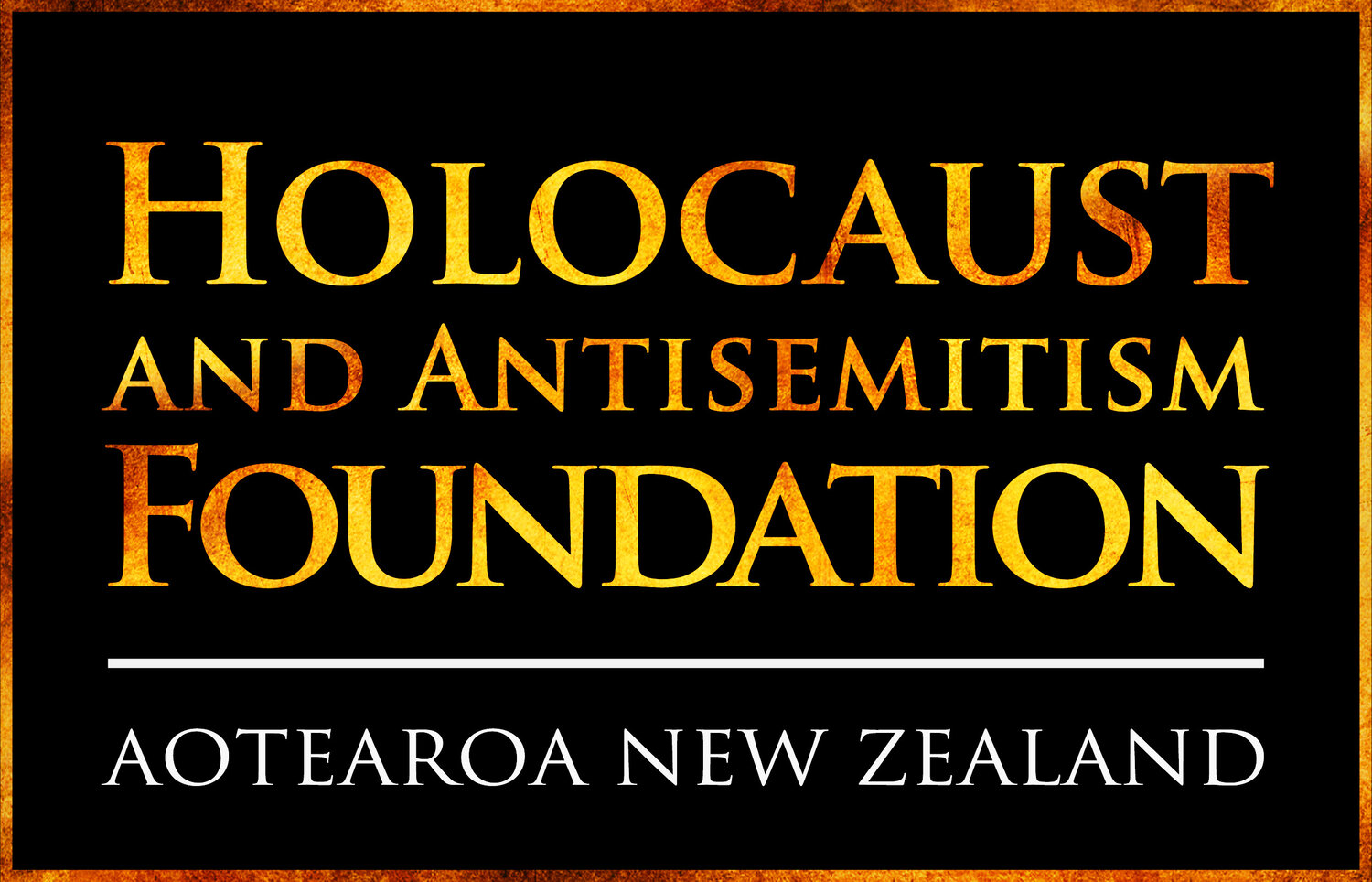Our Holocaust stories were categorised as "dangerous or derogatory" by Google AdWords
Late 2017
Google: Holocaust work “dangerous, derogatory”
If you are concerned about antisemitism and Holocaust distortion you may be shocked to learn that Google apparently now considers our Holocaust work dangerous or derogatory.
Let me explain.
I am the creator of Shadows of Shoah. Over the last nine years we have photographed and interviewed Holocaust survivors and created three minute stories. We have built two exhibitions and our work has been shown in museums, galleries, campuses and public spaces. Our stories can also be viewed online.
Telling Holocaust survivor stories, in a brief and compelling way, is the core of our work.
We are a very small registered charity with a low budget and no salaried staff.
Some time ago we were pleased to be accepted for the Google For Non-Profits programme. And we have made use of Adwords to promote our work.
Recently, however, all of our ads were disallowed by Google. The reason cited was "Dangerous or derogatory content”. At first I thought this was simply a case of a Google algorithm misinterpreting our content.
So, I spoke to an AdWords agent. He referred me to Google’s Terms and Conditions. He explained that our work, according to Google, is in violation of the following:
“Content that incites hatred against, promotes discrimination of, or disparages an individual or group on the basis of their race or ethnic origin, religion, disability, age, nationality, veteran status, sexual orientation, gender, gender identity, or other characteristic that is associated with systemic discrimination or marginalization”
I explained at length that our work is in fact none of those things - and that we work to oppose discrimination and hatred - the very things Google believes we violate.
Google disagreed.
Over the next two weeks I spoke to two other Google agents, hoping to convince them that Google had misunderstood our work. I spent more than an hour on the line. I even sent Google detailed documentation of our good standing with NZ Charities Commission and referred them to our website.
But Google’s position remained the same. Our "efforts to commemorate the Holocaust and to fight bigotry and antisemitism" remain, in Google’s view, “dangerous and derogatory”. And I was told that I have no further recourse.
In my final conversation with Google I asked which “individual or group” we are acting against, in violation of Google's policy. The agent did not respond to my question but instead said that I cannot use the words “antisemitism" or “Holocaust". I explained that our charity was set up to deal specifically with those very issues and to not allow us to do so is itself discriminatory. This apparently had no traction with Google.
So, remembering the Holocaust and telling the stories of the survivors is now dangerous? To whom is it dangerous? or derogatory?
I suppose it is conceivable that our work might cause discomfort to antisemites and genocidal bigots. But is that really a bad thing?
There’s not much distance between discriminating against truth telling and propagating outright lies. If antisemitism and the Holocaust are now deemed dangerous terms, what will be next?
Google is apparently willing to engage in censorship.
And to discriminate against a careful and accurate telling of real history.
That is worrying indeed.
Perry Trotter
Update 14 December 2017, 6pm NZT: shortly after this matter was publicised by Shadows of Shoah and by national media outlet Newsroom, we received a phone call from Google offering an apology and promising an internal investigation. Watch the video to understand our concerns.

